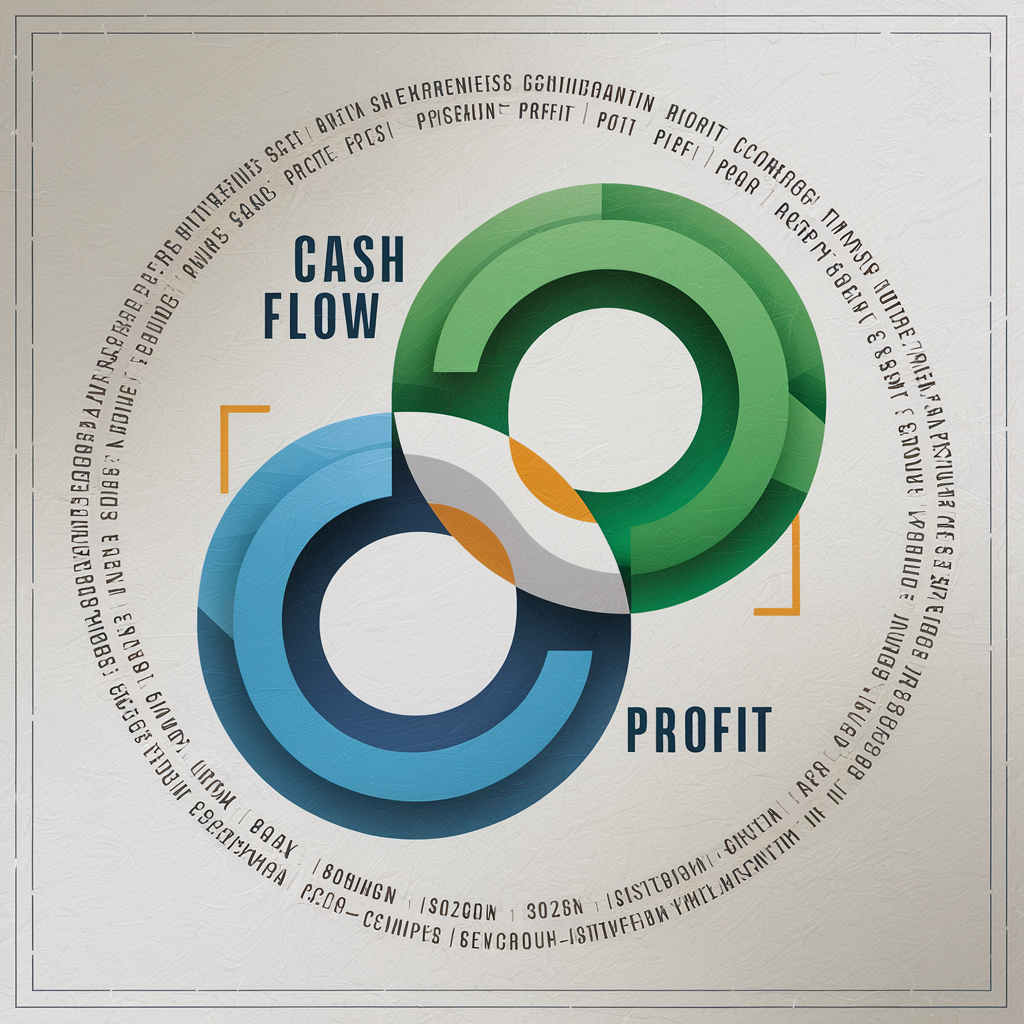Introduction
In the intricate world of personal finance, credit scores and reports wield tremendous influence over individuals' financial well-being. This blog aims to demystify common myths surrounding credit scores and reports, empowering readers to make informed decisions for their financial future.
Significance of Credit Scores and Reports
Credit scores, distilled numerical representations of creditworthiness, play a pivotal role in various financial transactions. Credit reports, comprehensive records of an individual's credit history, are the foundation of these scores. Understanding and dispelling myths is crucial for maintaining financial health.
Myth 1: Checking Your Credit Score Lowers It
Soft vs. Hard Inquiries
Soft inquiries, such as checking your own credit score, have no impact on your score. This section clarifies the distinction between soft and hard inquiries, emphasizing the importance of regularly monitoring your credit health.
Myth 2: Closing Credit Cards Improves Your Credit Score
Impact of Closing Accounts
Closing credit card accounts can influence credit scores, primarily through changes in credit utilization. This section delves into the intricacies of credit utilization and how it factors into score calculations.
Myth 3: High Income Means a Higher Credit Score
Income and Credit Score Dynamics
Contrary to popular belief, income does not directly influence credit scores. This section sheds light on the factors that contribute to credit score calculations, providing a nuanced perspective on this myth.
Myth 4: Paying Off Debt Erases Negative Information Immediately
Retention Period for Negative Information
Negative information on credit reports has a defined retention period. This section explains the duration negative information lingers on credit reports and encourages consistent positive financial behavior for gradual improvement.
Myth 5: All Credit Scores Are the Same
The World of Credit Scoring Models
Credit scores come in various models, with FICO and VantageScore being prominent examples. This section introduces the existence of different scoring models, elucidating their significance in the credit landscape.
Myth 6: Closing Old Accounts Boosts Your Credit Score
The Role of Credit History Length
Credit history length is a critical factor in credit scores. This section discusses how closing old accounts can impact credit scores and highlights the positive influence of maintaining longstanding accounts.
Myth 7: Only Credit Cards Affect Your Credit Score
Beyond Credit Cards: Loans, Mortgages, and More
Credit scores are influenced by various credit types, not just credit cards. This section expands the understanding of credit instruments that contribute to score calculations.
Myth 8: Settling a Debt Removes It from Your Credit Report
The Dynamics of Settling Debts
This section clarifies the misconception that settling a debt removes it from credit reports entirely. It explains the lasting impact of settled debts on credit history.
Myth 9: Bankruptcy Ruins Your Credit Forever
The Gradual Recovery After Bankruptcy
Addressing the stigma surrounding bankruptcy, this section explains the gradual recovery of credit scores after such a financial setback.
Myth 10: Applying for Credit Occasionally Has No Impact
The Impact of Hard Inquiries
Hard inquiries, resulting from credit applications, impact credit scores. This section discusses the influence of hard inquiries and provides tips for managing and minimizing their effects.
Conclusion
In conclusion, dispelling these common credit score myths is essential for financial literacy. By understanding the nuances of credit scores and reports, individuals can take charge of their financial destinies. Regular monitoring, staying informed, and making sound financial decisions based on accurate information are key to a robust credit profile and overall financial well-being.





